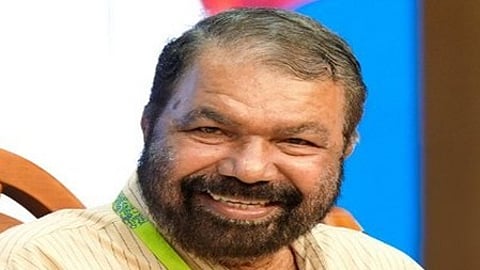

The Kerala government's recent decision to join the Union Government’s Pradhan Mantri Schools for Rising India (PM SHRI) scheme has led to significant friction within the ruling Left Democratic Front (LDF).
The Communist Party of India (CPI), a key ally in the coalition, has expressed strong opposition, arguing that the move breaches coalition norms and undermines the state's educational autonomy.
The CPI's concerns stem from the requirement for PM SHRI schools to adopt the National Education Policy (NEP) 2020, which the Kerala government has previously rejected, Mathrubhoomi reports.
The NEP mandates the use of the NCERT curriculum and other centralised educational frameworks, which the CPI contends could lead to the "saffronisation" of education and erode the state's secular educational values.
Despite these objections, the Kerala government proceeded with the decision, citing the necessity of accessing approximately Rs 1,200 crore in central funds that had been withheld due to the state's earlier refusal to sign the PM SHRI Memorandum of Understanding (MoU).
Education Minister V Sivankutty defended the move, stating that it was essential to ensure the continuation of various educational programmes, and to meet the financial needs of the state's education sector.
The decision has also attracted criticism from other quarters. The Congress-led United Democratic Front (UDF) accused the ruling CPI(M) of forming a "secret alliance" with the Bharatiya Janata Party (BJP), while the BJP welcomed the move, albeit later than expected, emphasising the importance of prioritising children's educational needs over political considerations.
